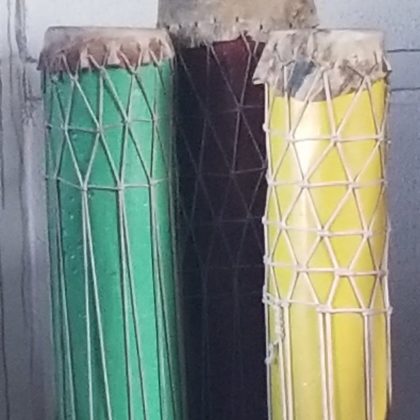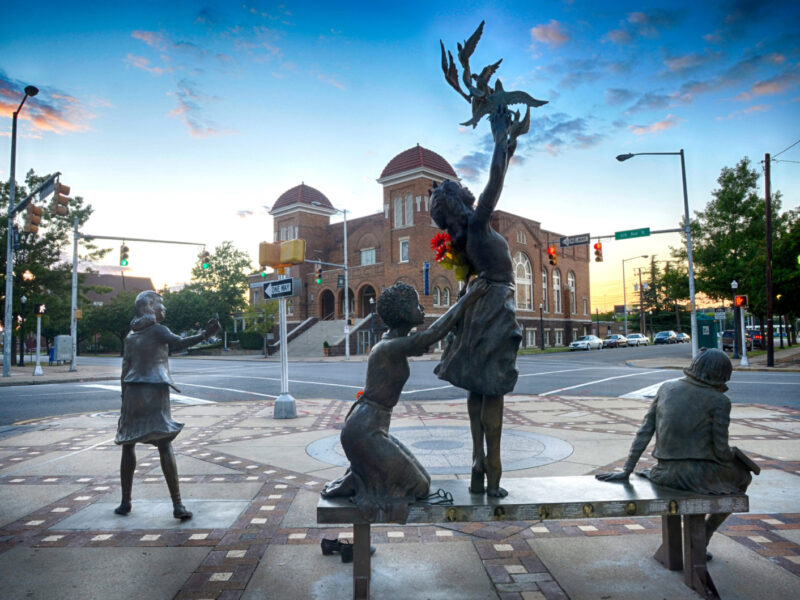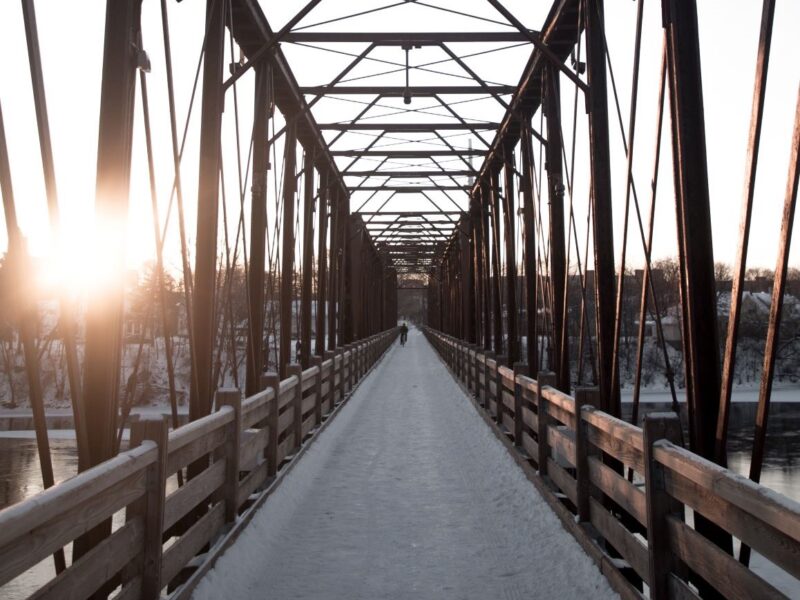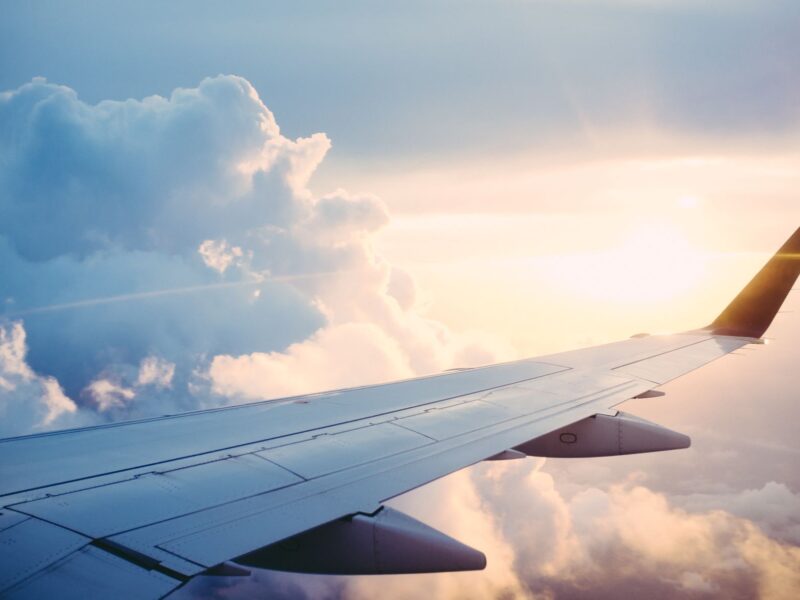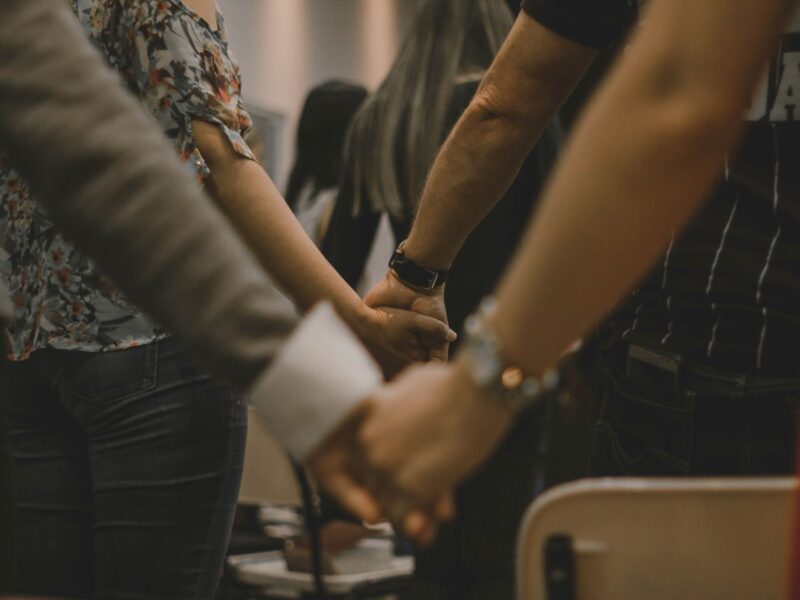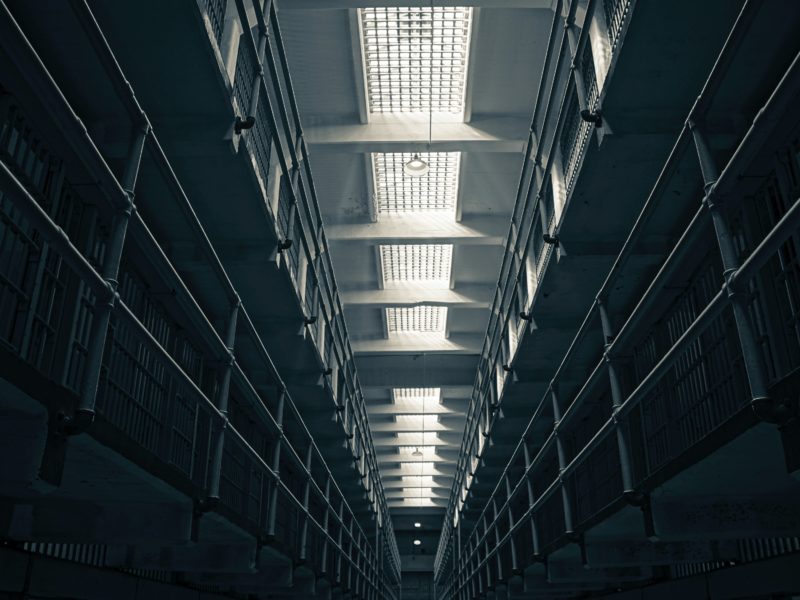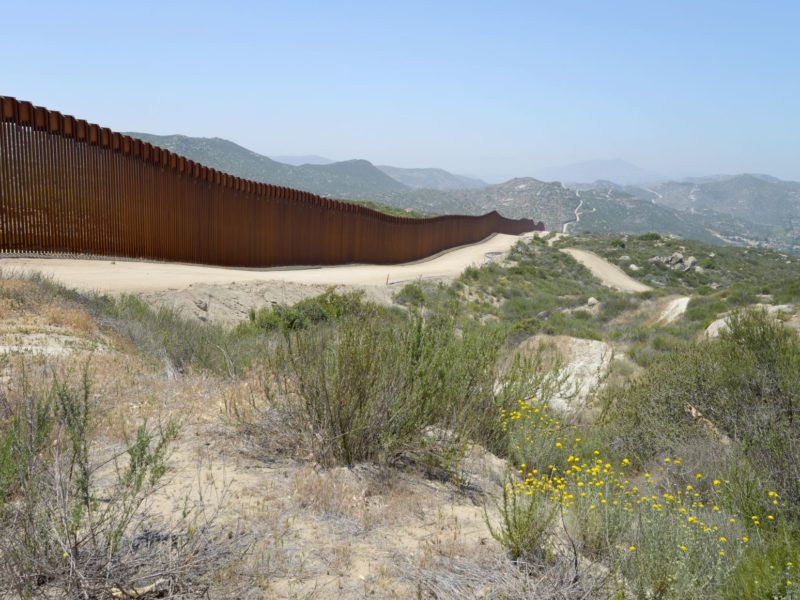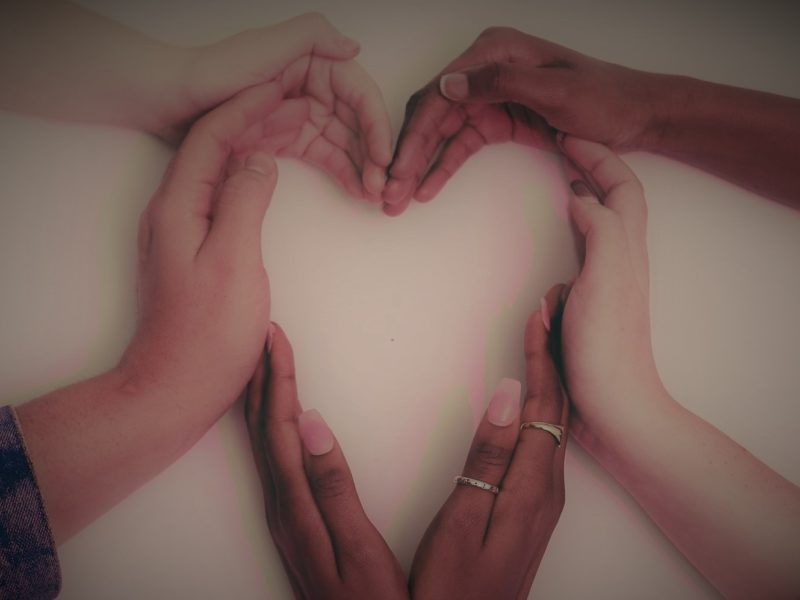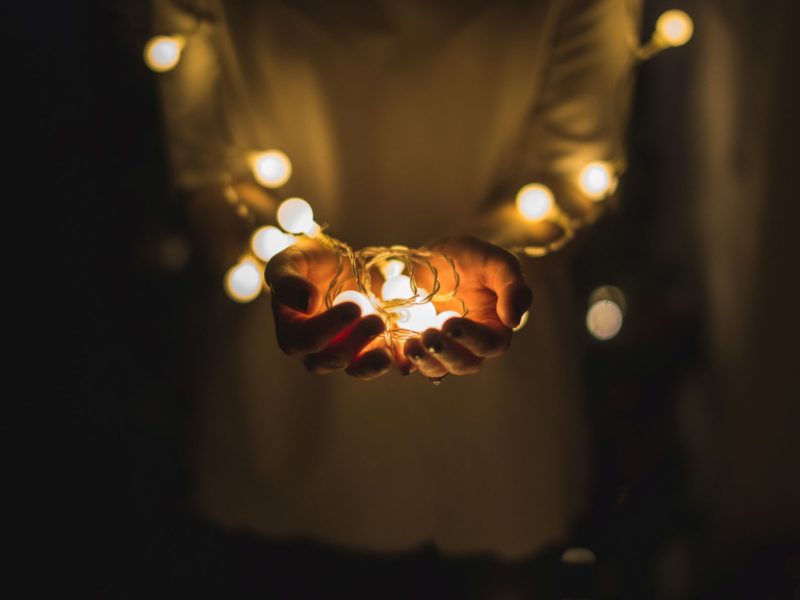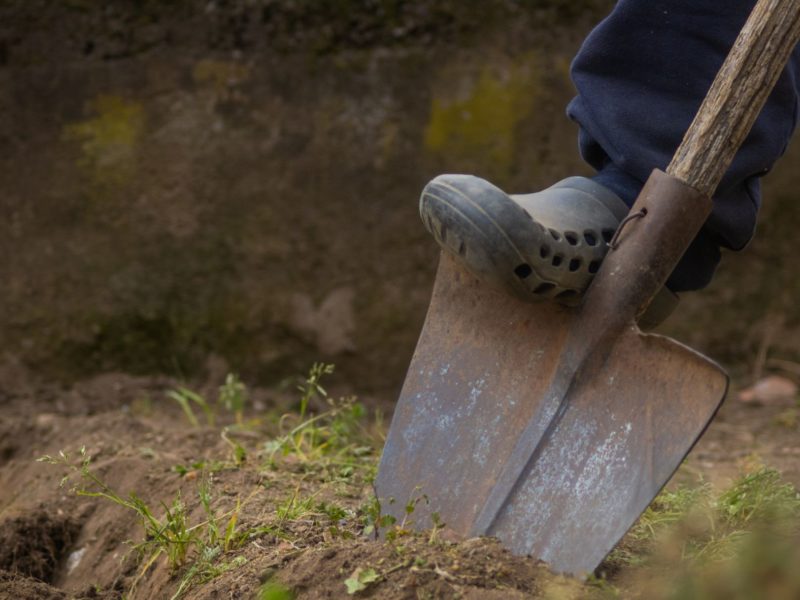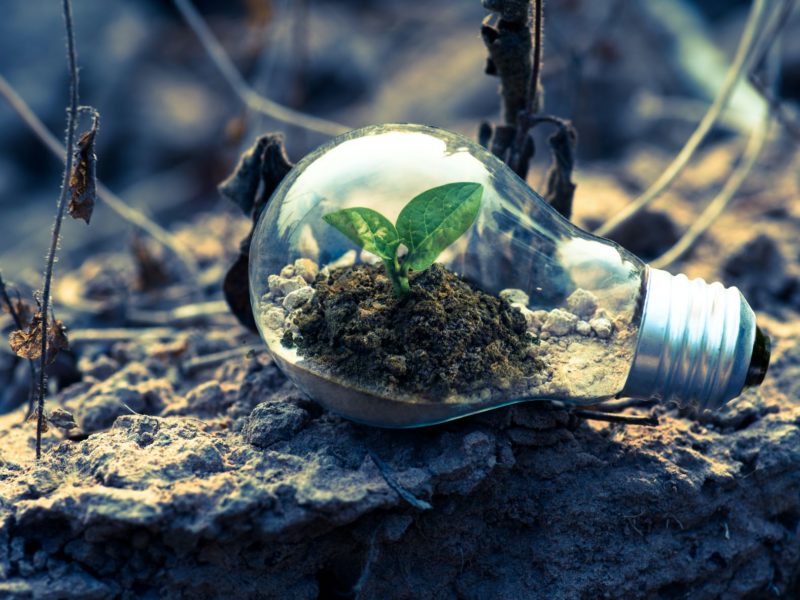The drums are an important part of African heritage and tradition. The beat of the drum is more than music and rhythm. The drums hold traditions and rituals that are passed across generations. Each drum carries a different rhythm, holding sounds that call across time and space. The Afro Venezuelan community in Barlovento is preserving the rhythm of the drums, and with the drums, they are preserving heritage, culture, religion, and traditions that were brought into Venezuela by their African Ancestors.
Barlovento is about 62 miles east of Caracas, about a one-hour drive from the hectic capital city into a more rural existence. Barlovento was developed by Spanish colonizers who started cacao plantations in the region. “The work on the estates was done by African slaves brought from what is now the Republic of the Congo, Democratic Republic of the Congo and Angola. These people were from the Kingdom of Kongo and Kingdom of Loango. There were also Yoruba slaves.” (Wikipedia) These descendants of enslaved Africans are in the struggle for their freedom, dignity, and human rights.
The lives of the people and the current projects they have undertaken are in part responses to the challenges created by the United States economic embargo imposed on Venezuela. Like many other communities in Venezuela, Barlovento became dependent on the oil that was found in the country. The embargo limits the ability to export oil. Imports are severely reduced, limiting the availability of food, medicine, and resources needed to ensure that the people in the community are fed and healthy. So, the people of this area are moving back to the traditions of their Ancestors, including farming cacao (cocoa), maize, rice, yuca, and omucao, preserving heritage and culture along the way, as they return to the land for daily provision and economic sustainability.
We met local leaders at the community center where the only Afro Venezuelan television station is housed, along with a resource library dedicated to Afro Caribbean, African and Afro Venezuelan history and culture. The television station, called Afro TV, wants to show positive perspectives of African descendant people, providing counter-narratives to mass media portrayals that can transform perceptions of Afro Venezuelan communities. African and African descendant people. Smoke blackened and fire damaged walls provided visible evidence of just how deeply this work is needed, attesting to the vandalism by arson that attacked the work of the Barlovento community on December 18, 2018. With the studio in disrepair, there has been a shift to broadcasting online and continuing the work they started.
We also encountered the work of a church-based organization called The Body of Christ. They are using their resources to purchase medicine for the sick and to ensure that the gains made in reducing illnesses and health disparities are maintained, despite the difficulties that have arisen with accessing supplies because of US sanctions. Working with Afro TV, The Body of Christ is focusing on spreading the gospel and providing services and programs for at-risk youth.
And then there are the drums! Activist Freddie Blanco is teaching the drums and preserving all that they carry for this community. Blanco noted that “the Ancestors learned to play by listening,” and these descendants are doing the same. The community understands that knowledge of culture and identity is the basis for transformation. The drums are taught after the culture is explained.
Barlovento is a source of inspiration, a community vibrant with hope for a new future. The people are clear about their right to self-determination. There are many struggles in this community of people who are descendants of enslaved people taken from the African continent to work cacao plantations. Theirs is a journey in resilience and a struggle to overcome stereotypes to live lives that are lived in dignity and freedom. They are preserving heritage, culture, religion, and using plant medicine to ensure their survival for generations to come.
Dr. Karen Georgia Thompson, Associate General Minister, Wider Church Ministries and Operations (reflections based on a 2019 Pilgrimage of Solidarity with the People of Venezuela)
Find more reflections on the 2019 Pilgrimage of Solidarity with the Venezuelan People here.
More Resources:
Questions for Reflection
- How do you understand the role of counter-narratives in the work of racial justice?
- What cultural resources does your community have to ground visions of antiracist decolonial futures of just flourishing?
- What does the idea that, “knowledge of culture and identity is the basis for transformation,” mean to you?
Prayer
Ground and Source of all that is, Rhythm of Life moving through space and time with the pulse of justice, we give thanks for the futures the ancestors tended that are now ours to learn from and nourish. Strengthen us through journeys of struggle and resilience, until all our hearts beat in time with your great love. Amen.
SHARE THIS STORY
